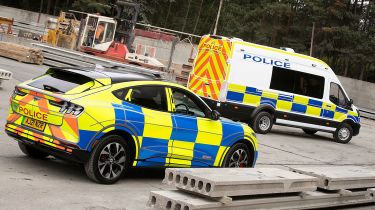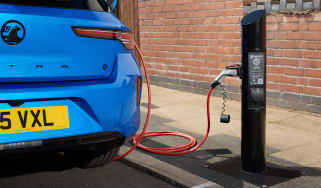Car hacking software use by UK Police shrouded in “unacceptable secrecy”
The majority of UK police forces refuse to admit whether they use hi-tech car forensics software

A privacy campaign group has accused the police of “unacceptable secrecy” after almost two-thirds of the UK’s police forces have refused to confirm whether they utilise specialised car-hacking software, which can download data ranging from sat-nav destination history to text messages and even bank details from cars’ on-board computer systems.
Following a Freedom of Information (FOI) request by the ‘i’ newspaper, 30 of the 45 police forces questioned refused to disclose whether they employ advanced digital forensics technology to collect evidence on suspected criminals.
One of the few forces willing to be transparent about their use of such software is Derbyshire Constabulary; the police here admit to utilising a vehicle forensics system known as iVe which can be plugged into a car’s computer in order to extract what has been described as a “vast treasure trove” of data, including where the car has been.
The iVe technology is developed by American firm Berla but only two police forces – Derbyshire and Gwent – have admitted to utilising it. The former admitted to spending as much as £48,000 since 2018 on officer training and equipment to use the tech. Derbyshire police force also says iVe is only employed on the most serious of cases, such as murder, and its use is in-line with the Association of Chief Police Officers’s 2012 digital evidence guidelines.
Regardless, privacy campaigners, Privacy International, says the technology opens the door for “intrusive surveillance” and described the UK police forces’ furtiveness on the topic as an example of “unacceptable secrecy”.
In a statement, the campaign group called for more up-to-date regulations: “Technology which extracts vast amounts of data from our cars enables intrusive surveillance that the public deserves to know about. We need to know how police are using it, when, and what happens to the data they collect from our cars. We need proper regulation and independent oversight.”
Of course, this type of software is not the only way the police are spying on drivers; new AI-assisted cameras are now being employed to spot drivers using their mobile phones behind the wheel, while undercover lorries are used to spot phone use and other dangerous driving offences.
Subscribe to the UK's favourite car magazine: get Auto Express delivered every week...




